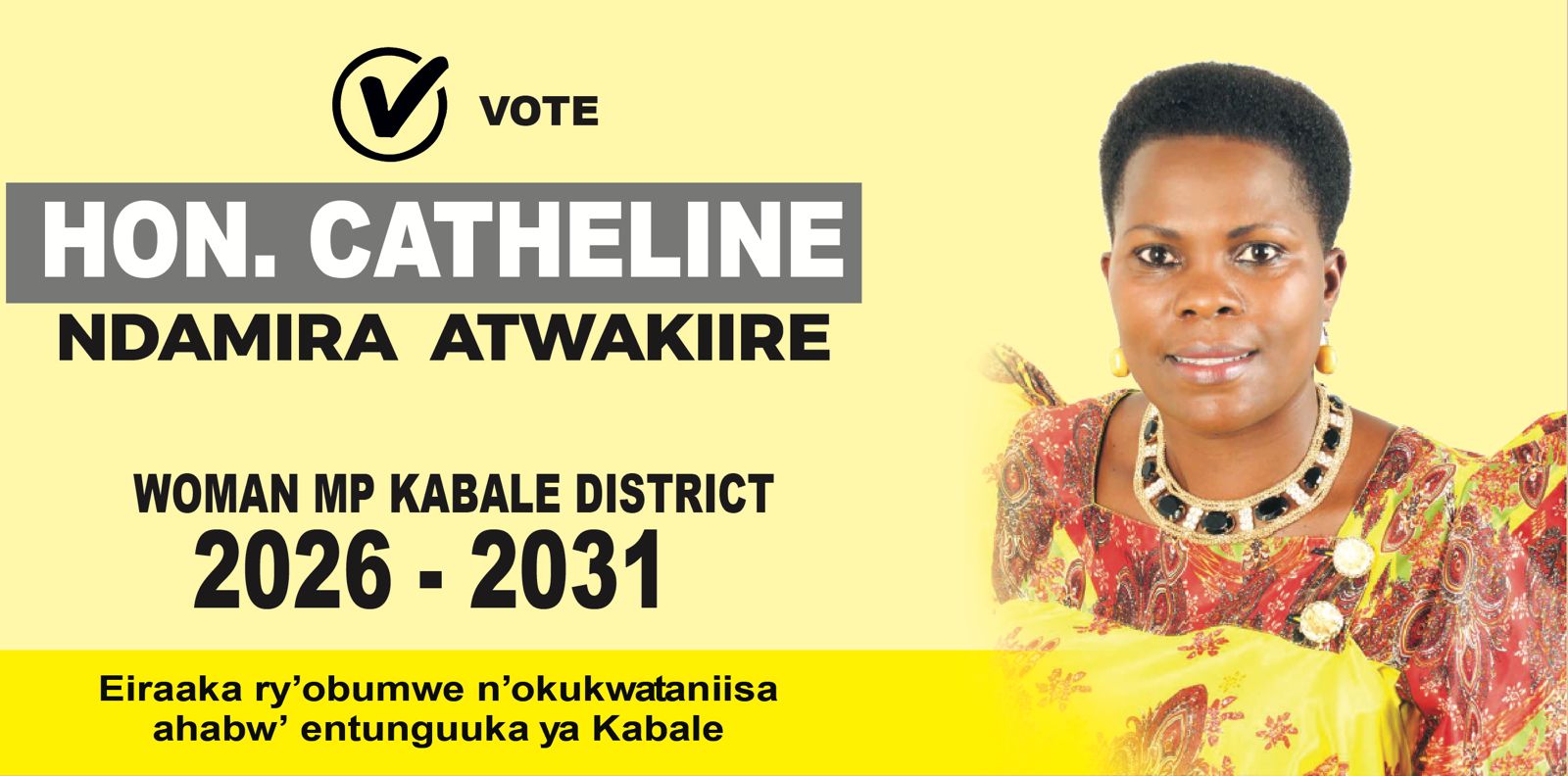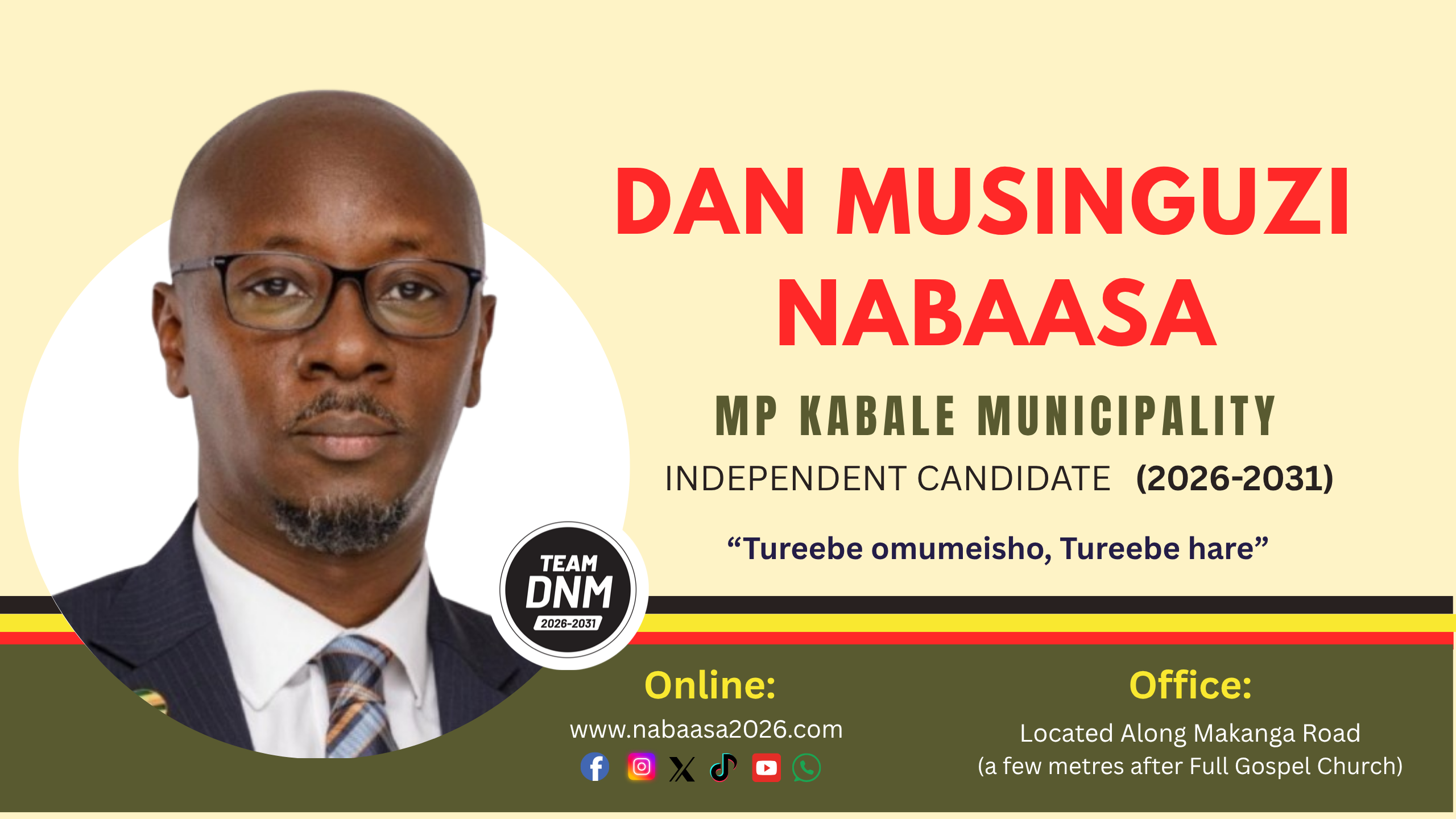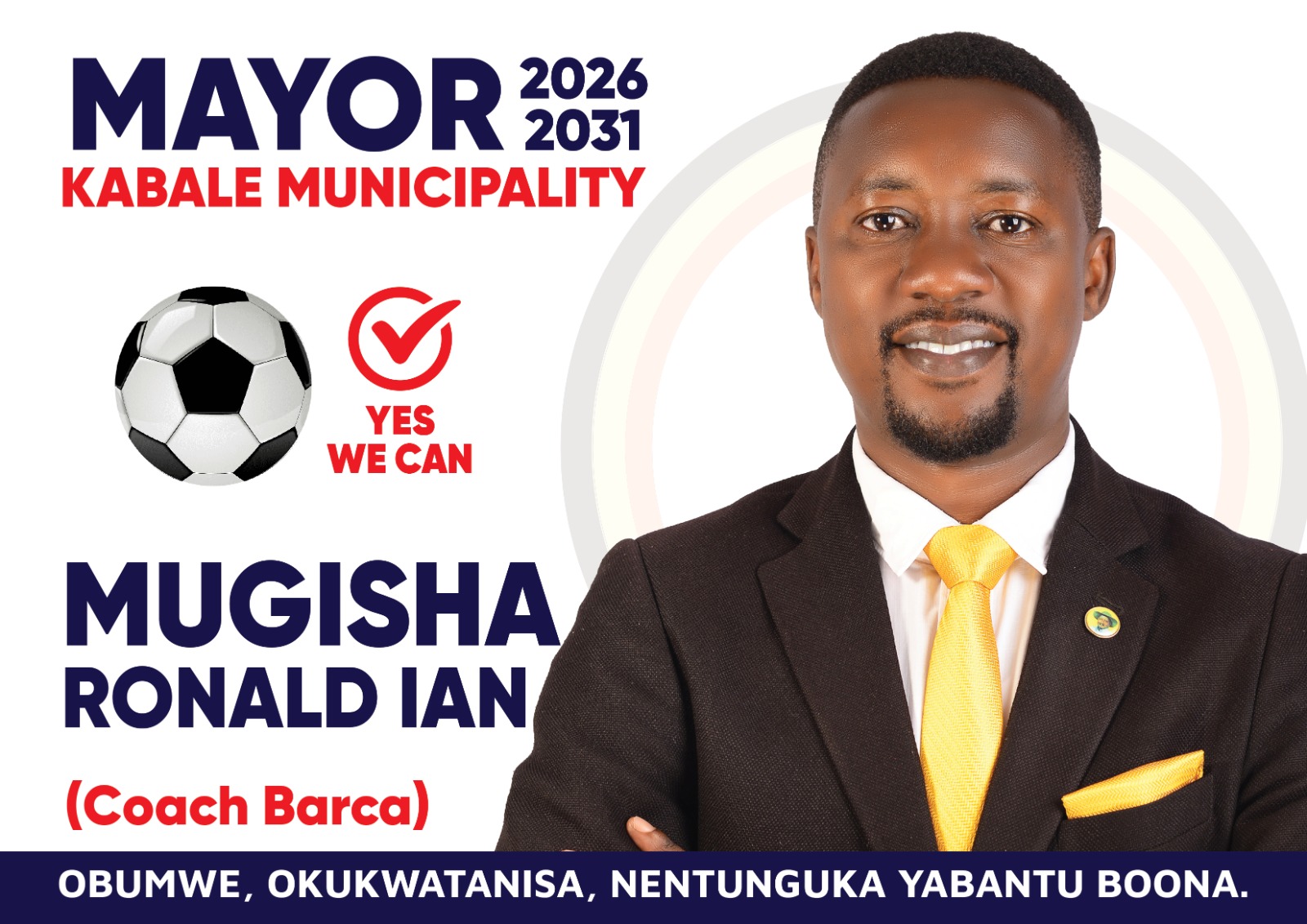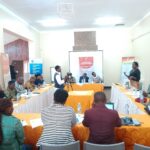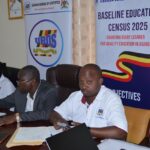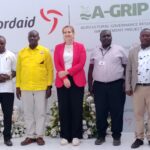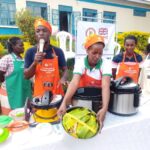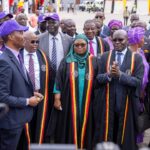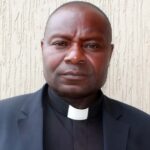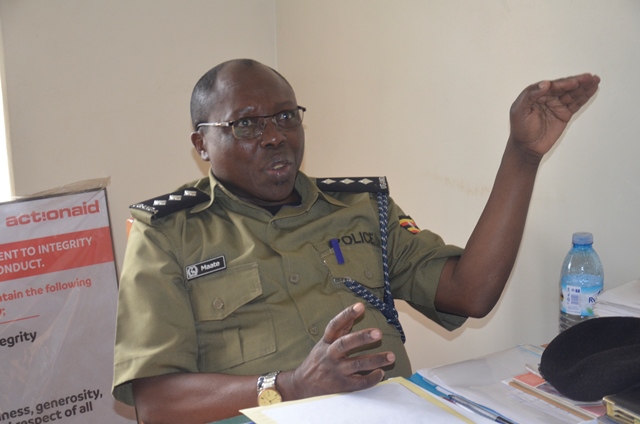
Land insecurity continues to threaten the livelihoods of thousands of small holder farmers in Uganda, but a new initiative in Rubanda District is aiming to change that narrative.
This week, the Ambassador of the Kingdom of the Netherlands to Uganda, H.E. Friedreike Quisipel, launched the issuance of customary land ownership titles under the Agriculture Governance Results Improvement (AGRIP) project.
The initiative seeks to protect vulnerable communities, particularly women, from land grabbing and related conflicts, which remain a persistent challenge across rural Uganda.
Funded by the Embassy of the Netherlands and implemented by Cordaid Uganda, AGRIP is working in 16 districts in Rwenzori, Busoga, Elgon, Lango, and Kigezi regions. Its priorities include securing land tenure for smallholder farmers, enhancing food security, and strengthening governance in food systems.
Ambassador Quisipel, who visited Rubanda’s terraced farmlands before presiding over the ceremony at Muko Subcounty, expressed concern over the struggles farmers face due to lack of technology and resources.
“I was deeply impressed to see the farmers using their hands to build terraces to protect their gardens from erosion. They are committed, but they need more support in equipment and technology,” she said, urging the government to step up assistance to smallholder farmers.
Rubanda’s LC.5 Chairperson, Ampeire Stephen Kasyaba, underscored that securing land titles is not just about ownership but also about justice for marginalized groups.
He warned that widows remain highly vulnerable to relatives and land grabbers after the death of their husbands, a problem the AGRIP project hopes to mitigate.
“Land titles give protection. Without them, widows and vulnerable families lose their rights overnight to powerful individuals,” Kasyaba said.
The first phase of the project has already delivered 100 land titles across seven subcounties in Rubanda, including Muko, Bubare, Hamurwa, Ruhiija, Nyamweru, Budundi, and Ikumba. Nationwide, officials expect around 40,000 people to benefit once the project is fully rolled out.
Cordaid Uganda’s Kigezi Regional Manager, David Nanfumba, stressed that district local governments are central to the project’s success.
“We are working hand in hand with government offices, including the Office of the President, to ensure communities can access land rights that are legally recognized and respected,” he said.
Beyond land, the Netherlands Embassy is also supporting Rubanda through infrastructure projects, including the Ikumba–Ndeego–Kashaasha–Nshanjare road, co-financed with the International Fertilizer Development Center (IFDC).
The issuance of customary titles is part of a growing recognition that secure land tenure is vital for food production, poverty reduction, and protecting vulnerable groups.
In Uganda, where agriculture sustains the majority of households, land rights remain one of the most pressing development issues.
The Source Reports.
We come to you.
Want to send us a story or have an opinion to share? Send an email to [email protected] or WhatsApp on +256742996036.
